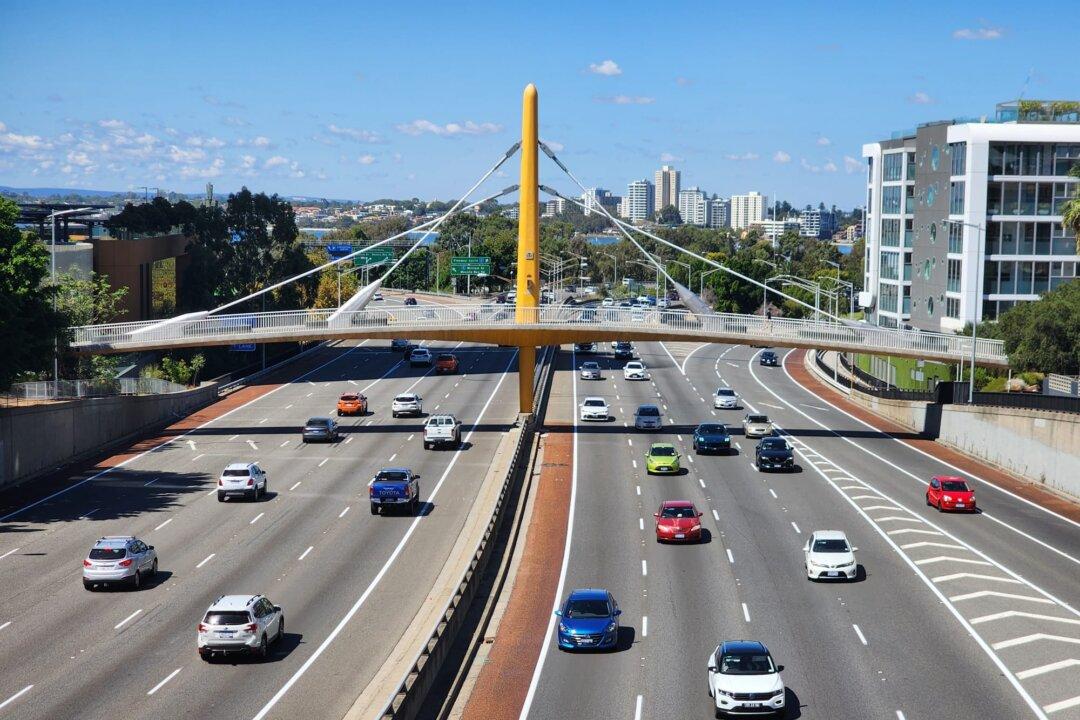The Climate Council has expressed optimism over the introduction of the Albanese government’s New Vehicle Efficiency Standard (NVES) to the Australian parliament in March. According to recent polling data, 80% of Australians are struggling with high and rising petrol prices, while 70% call for government intervention against climate pollution from cars.
Climate Council CEO Amanda McKenzie emphasized that manufacturers have been dumping their most polluting vehicles in Australia for years, which must change. Cars are responsible for over 10% of the nation’s total climate pollution, with the average family paying more than $5,000 per year on fuel.
The introduction of the NVES will incentivize car manufacturers to develop new models that use less fuel. The Australian government has set emission targets for light commercial vehicles at 210 grams of carbon dioxide per kilometer by 2025 and 110 grams by 2029.
With the implementation of these targets, the government expects to reduce CO2 emissions by 369 million tonnes by 2050 and save $5 billion in health benefits due to reduced air pollution. Fuel consumption is projected to decrease by 20% from current levels, allowing consumers to save $1,000 a year on fuel costs and up to $17,000 over the life of their vehicles.
Australia and Russia are currently the only advanced economies that have not implemented any fuel efficiency standards. The Climate Council has long called for policy reform regarding increasing petrol prices and pollution.
The Albanese government refined the NVES through consultations with stakeholders over the past year, with more than 9,000 submissions made during the last consultation period. Modifications were made to better suit the needs of Australians, such as recategorizing four-wheel drives and adjusting emissions standards.
The government will provide Australian dealerships a $60 million grant under the Driving the Nation fund to boost EV charging infrastructure. Climate Council Head of Policy and Advocacy Jennifer Rayner commended the government for responding to industry feedback but emphasized that other transport policies should be implemented to better achieve national emission reduction targets.
Electric Vehicle Council Behyad Jafari lauded the new standards, stating that they represent a significant step forward for the Australian automotive industry. In contrast, AADA CEO James Voortman claimed that the standard holds an “incredibly ambitious target” that is not achievable, particularly for utes and large SUVs.
The NVES will go into effect on January 1 next year and aims to catch up with other markets like the U.S. in terms of emissions reduction by 2028. Last March, Tesla announced its withdrawal from the Federal Chamber of Automotive Industries, citing the lobby group’s “demonstrably false” claims that the NVES will lead to higher vehicle prices. Polestar followed suit, citing the same reasons.

